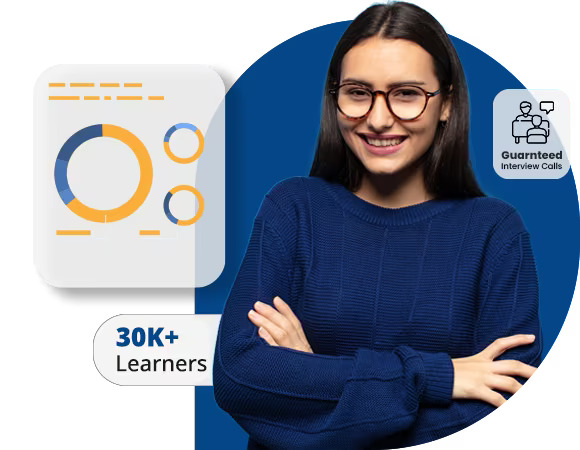
Seeking efficient solutions for educational needs? Direct educational services offer tailored support for students. Whether you’re a parent, teacher, or student, these services provide targeted assistance to enhance learning experiences. From personalized tutoring to specialized programs, direct educational services aim to bridge educational gaps effectively. Dive in to explore how these services can elevate academic performance and foster a brighter future for learners.
Exploring the Impact of Direct Educational Services
Direct educational services play a crucial role in shaping the learning experiences of students across various educational levels. These services encompass a wide range of strategies, interventions, and programs designed to directly support students in their academic journey. In this comprehensive guide, we delve into the realm of direct educational services, examining their significance, types, implementation, and benefits.
The Significance of Direct Educational Services
Direct educational services serve as personalized interventions tailored to meet the unique learning needs of students. By providing targeted support and resources, these services aim to enhance student engagement, academic performance, and overall educational outcomes. Some key reasons why direct educational services are significant include:
- Addressing individual learning challenges
- Promoting academic growth and development
- Fostering a supportive learning environment
- Increasing student motivation and self-efficacy
Types of Direct Educational Services
Direct educational services encompass a diverse set of strategies and programs aimed at supporting students in achieving their educational goals. Some common types of direct educational services include:
1. Tutoring Programs
Tutoring programs offer one-on-one or small group support to students who require additional assistance in specific subjects or skills. These programs provide personalized attention and guidance to help students improve their understanding and performance.
2. Special Education Services
Special education services cater to students with diverse learning needs, including those with disabilities or exceptionalities. These services involve individualized education plans, accommodations, and modifications to ensure that every student receives appropriate support.
3. Enrichment Programs
Enrichment programs are designed to challenge and engage high-achieving students by providing opportunities for advanced learning and exploration. These programs often offer specialized coursework, projects, or activities to foster intellectual growth.
4. Counseling and Guidance Services
Counseling and guidance services focus on supporting students’ social-emotional well-being, career development, and academic success. Counselors provide guidance, resources, and interventions to help students navigate personal and academic challenges.
Implementation of Direct Educational Services
The successful implementation of direct educational services requires careful planning, collaboration, and ongoing evaluation. Educators and administrators play a key role in ensuring that these services are effectively delivered and aligned with students’ needs. Some essential steps in the implementation process include:
Evaluating Student Needs
Assessing students’ strengths, weaknesses, and learning goals is essential for determining the type of direct educational services required. This evaluation helps in tailoring interventions to meet the specific needs of individual students.
Collaborating with Stakeholders
Collaboration among teachers, parents, counselors, and other stakeholders is crucial for designing and implementing effective direct educational services. Open communication and coordination ensure that students receive holistic support.
Providing Professional Development
Equipping educators with the necessary training and resources to deliver direct educational services effectively is vital. Professional development opportunities help teachers enhance their instructional strategies and support techniques.
Monitoring and Adjusting Interventions
Regularly monitoring the impact of direct educational services and making appropriate adjustments based on student progress are essential steps in ensuring the effectiveness of these interventions. Continuous evaluation helps in refining strategies to better meet students’ needs.
Benefits of Direct Educational Services
The implementation of direct educational services offers a wide range of benefits to students, educators, and educational institutions. Some key advantages of these services include:
- Improved academic performance and learning outcomes
- Enhanced student engagement and motivation
- Targeted support for diverse learning needs
- Personalized learning experiences
- Increased retention and graduation rates
By providing direct educational services, schools and educational organizations can create a supportive and inclusive learning environment that empowers students to reach their full potential.
Video 8: School Age Educational Services
Frequently Asked Questions
What types of educational services are included in direct educational services?
Direct educational services encompass one-on-one tutoring, personalized learning plans, academic assessments, homework help, test preparation, and educational coaching tailored to the student’s needs.
How can direct educational services benefit students?
Direct educational services can provide individualized attention, targeted support in challenging subjects, improved academic performance, enhanced study skills, increased confidence, and a deeper understanding of learning concepts.
Are direct educational services suitable for students of all ages?
Yes, direct educational services can be beneficial for students of all ages, from elementary school to high school to college-level students seeking academic support or enrichment in various subjects.
Can direct educational services help with specific subjects or areas of study?
Absolutely, direct educational services can assist students in a wide range of subjects, including math, science, language arts, history, and more. Tutors and educators can focus on areas where the student needs the most improvement or enrichment.
How are direct educational services personalized to meet the needs of each student?
Direct educational services are personalized through individualized learning plans, targeted instruction, ongoing assessment, feedback, and communication between the student, educator, and parents to ensure that the student’s unique learning goals and needs are addressed effectively.
Final Thoughts
In conclusion, direct educational services play a crucial role in facilitating effective learning experiences. They provide immediate support and guidance to learners, enhancing their understanding and academic performance. Institutions should prioritize investing in direct educational services to ensure personalized and impactful learning interventions for students in need. By offering tailored support and resources, educators can empower individuals to succeed and excel in their educational pursuits. Direct educational services are essential for fostering a positive and enriching learning environment for all.








